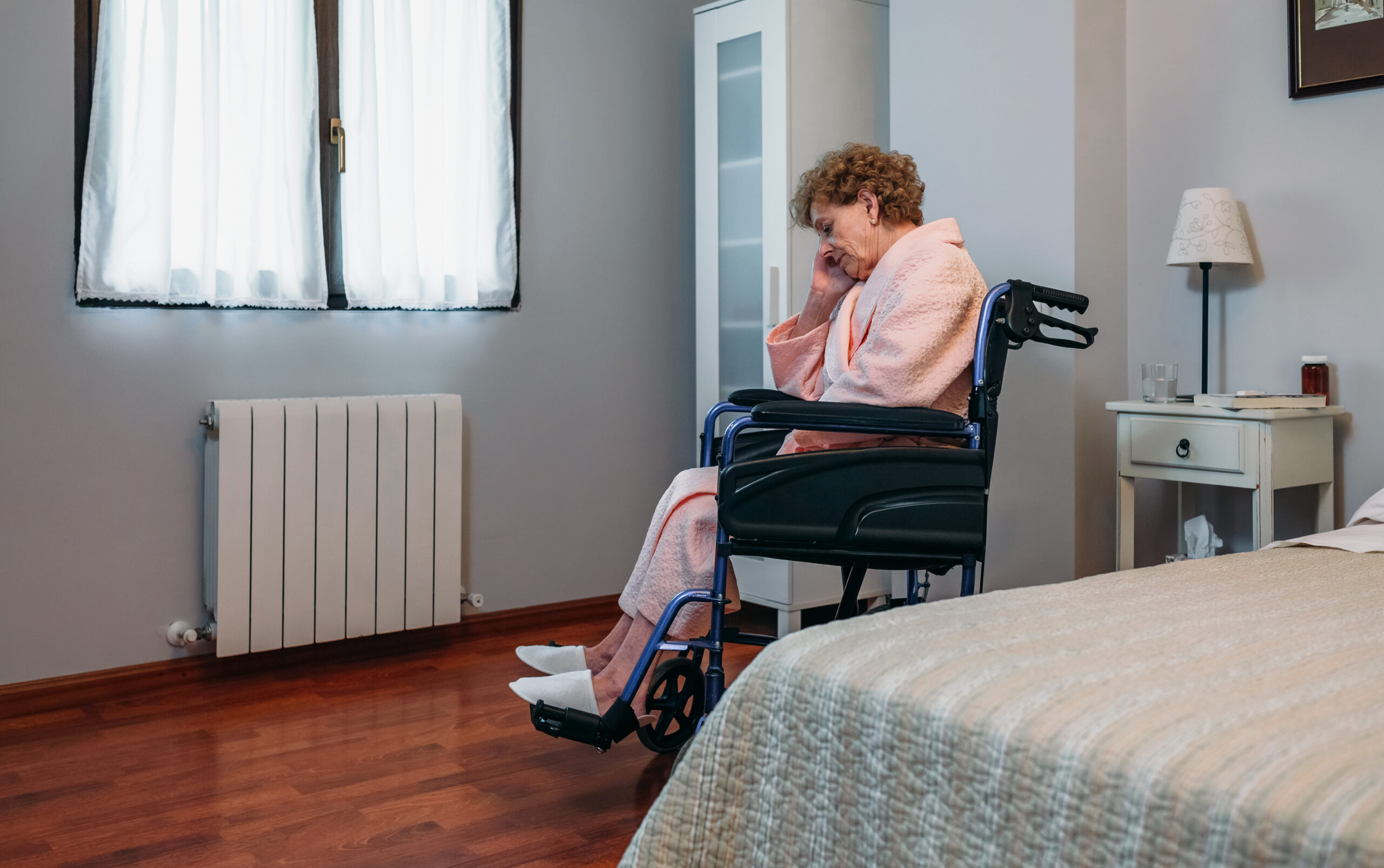
The decision to move a loved one into a nursing home or assisted living facility is never taken lightly, with the expectation that they will receive the care and attention they deserve. Unfortunately, cases of nursing home negligence do occur, leaving families grappling with the consequences. If you suspect that your loved one has suffered due to negligence in a nursing home, the guidance of a seasoned attorney can be instrumental in securing justice for your loved one.
Consult with an Attorney
The expertise of an attorney specializing in nursing home negligence is essential. Your initial consultation becomes a crucial step where they evaluate the merits of your case, offer legal guidance, and outline a strategic plan tailored to your specific situation. The expertise of an attorney specializing in nursing home negligence is essential. Your initial consultation becomes a crucial step where they evaluate the merits of your case, offer legal guidance, and outline a strategic plan tailored to your specific situation. The team at Herrling Clark Law Firm can guide you through the steps to filing a nursing home negligence claim, ensuring you receive the compensation you deserve to aid in your recovery and future well-being.
Document the Signs of Negligence
Your attorney will provide insight into the type of incidents and evidence crucial for building a strong case. Thorough documentation is foundational, and an attorney’s guidance will help capture details necessary for a compelling claim. Signs of negligence may include unexplained injuries, sudden weight loss, changes in behavior or inadequate medical care. This guide from Wisconsin’s Department of Health Services can help you learn what types of complaints you can file for. Keep detailed records, including dates, times and descriptions of the incidents.
Notify the Nursing Home Management
Inform the nursing home management of your concerns as soon as possible. Crafting a formal complaint to the nursing home management team is a strategic move best achieved with your attorney’s assistance. Your attorney will ensure that communication is comprehensive, addressing legal considerations and positioning your concerns effectively. This can be done in writing, detailing the specific instances of negligence and requesting immediate action. Ensure that your communication is clear, concise and includes supporting documentation.
Gather Evidence
Collaborate closely with your attorney to collect and organize supporting evidence. The attorney will bring a legal focus to the process, advising on obtaining medical records, preserving communication with the nursing home and capturing photographic evidence to strengthen your case. Evidence may include medical records, photographs of injuries or living conditions, witness statements and any communication with the nursing home staff or management.
File a Complaint with the Relevant Authorities
Depending on your location, there may be regulatory bodies overseeing nursing homes. File a complaint with these authorities, providing details of the negligence and any evidence that has been gathered. This step can trigger investigations and may result in sanctions against the facility.
Explore Mediation or Alternative Dispute Resolution
Your attorney, equipped with negotiation skills, can explore alternative dispute resolution avenues before resorting to a formal lawsuit in Wisconsin. Their experience in mediation can pave the way for a quicker and potentially less adversarial resolution.
Initiate a Lawsuit, if Necessary
If all else fails, your attorney will guide you through the process of initiating a lawsuit against the nursing home. The attorney’s legal acumen ensures all necessary legal requirements are met, and they will advocate for your loved one throughout the legal proceedings.
Participate in Legal Proceedings
If your case goes to court, be prepared to attend proceedings. Your attorney will represent your interests, presenting evidence and arguments to support your claim. Keep in mind that many cases are settled before reaching the courtroom, often through negotiation or alternative dispute resolution.
Contact Our Experienced Personal Injury Lawyers
Filing a nursing home negligence claim is a challenging but necessary step to ensure accountability and justice for your loved one. By carefully documenting incidents, seeking legal guidance, and following the appropriate steps, you can navigate the process effectively. Remember, you are not alone in this journey, and with the support of Herrling Clark attorneys, you can advocate for the well-being of your loved one.
The post Steps For Filing A Nursing Home Negligence Claim appeared first on Herrling Clark Law Firm.




